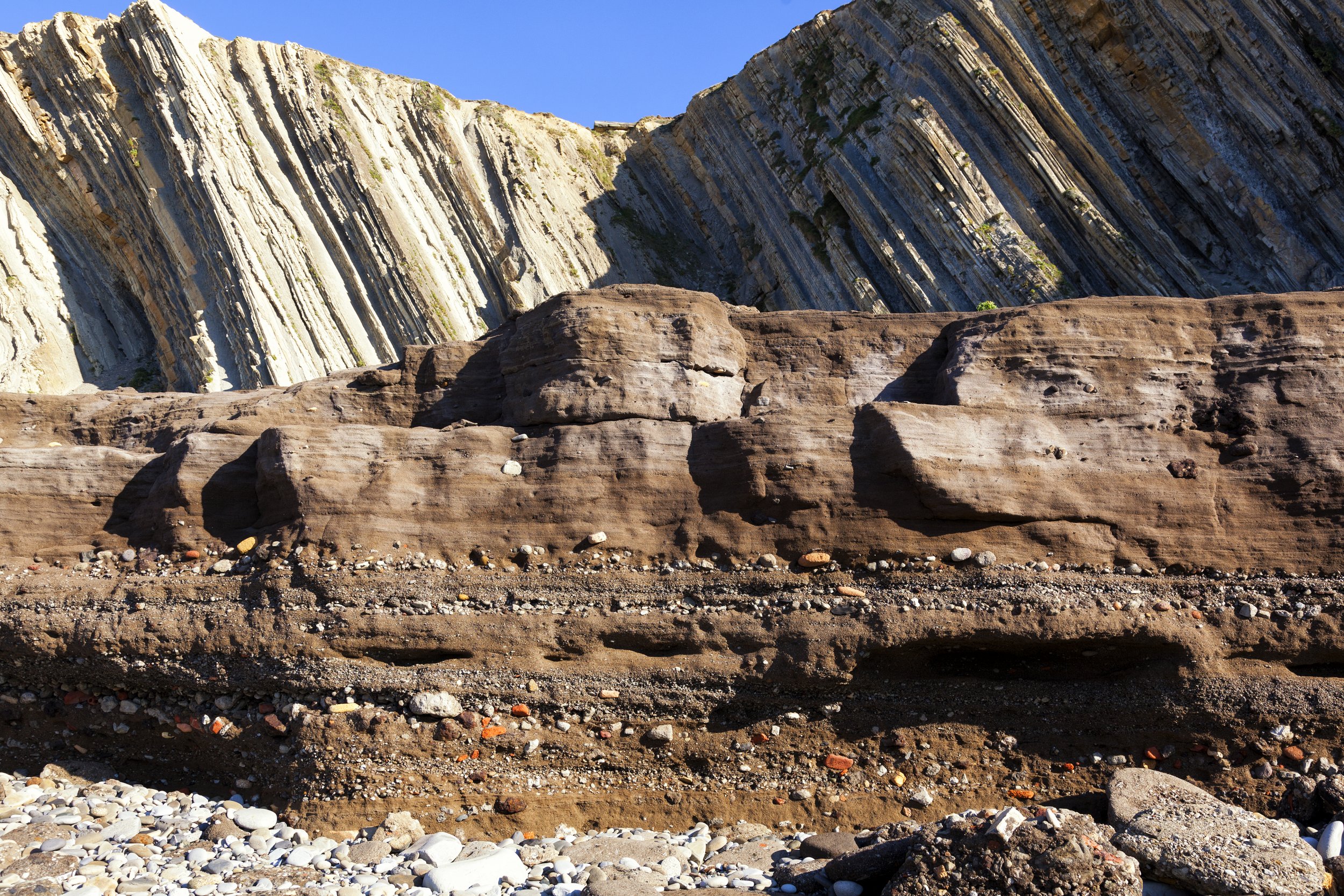
Last week, a panel of scientists voted in favor of classifying the age we are living in as a new geological epoch—the "Anthropocene"—after reviewing available evidence on the issue.
Since it was first formally proposed more than a decade ago, the name has been the subject of intense debate among experts. But the 34-member Anthropocene Working Group (AWG) chaired by Jan Zalasiewicz, of the University of Leicester in the U.K., decided that humans are having such a profound impact on our planet that the term is a valid one, Nature.com reported.
The International Commission on Stratigraphy (ICS)—which oversees the geological time chart—has yet to approve the new term. But in the wake of the latest vote, the AWG will submit a formal proposal to the ICS by 2021 in a bid to formally define our current era, where mankind is the dominant influence on the planet's climate and environment.
The vote saw 29 members of the AWG support not only the new Anthropocene designation but also a favored start date—the mid-twentieth century. Various starting points have been proposed for the Anthropocene era ranging from the beginnings of agriculture more than 10,000 years ago to the first atomic bomb blast in 1945 that spread radioactive debris around the world—traces of which can still be detected in the planet's soil and glaciers.
Most scientists who support the Anthropocene designation favor the later start date, and the AWG panel agreed based on the fact that rapid population growth and industrialization in the mid-twentieth century—which led to greater natural resource use and greenhouse gas emissions—mark a "Great Acceleration" on our species' impact on the planet.
"The Anthropocene works as a geological unit of time, process and strata," Zalasiewicz told Nature.com. "It is distinguishable. It is distinctive."
The next step for the AWG is to identify a definitive geological marker known as a "golden spike" to include in their formal proposal. This is an internationally recognized reference point in rock layers which scientists use to define the boundaries between geological epochs. The current epoch, known as the Holocene, began around 11,700 years ago at the end of the last glacial period.
The panel outlined ten golden spike candidates, which could be used to differentiate the Holocene from the Anthropocene, including a cave in northern Italy and a lake in China. They are also considering whether to use traces of radioactive debris—originating from the first nuclear tests—in order to bolster their claim.
Uncommon Knowledge
Newsweek is committed to challenging conventional wisdom and finding connections in the search for common ground.
Newsweek is committed to challenging conventional wisdom and finding connections in the search for common ground.
About the writer
Aristos is a Newsweek science reporter with the London, U.K., bureau. He reports on science and health topics, including; animal, ... Read more
To read how Newsweek uses AI as a newsroom tool, Click here.








